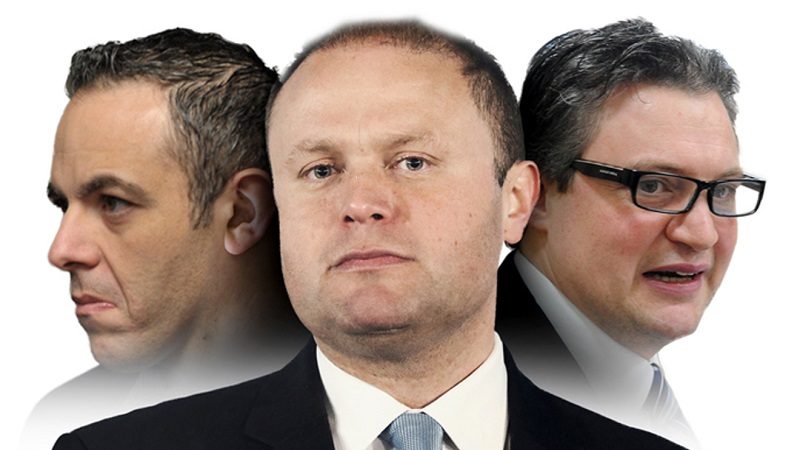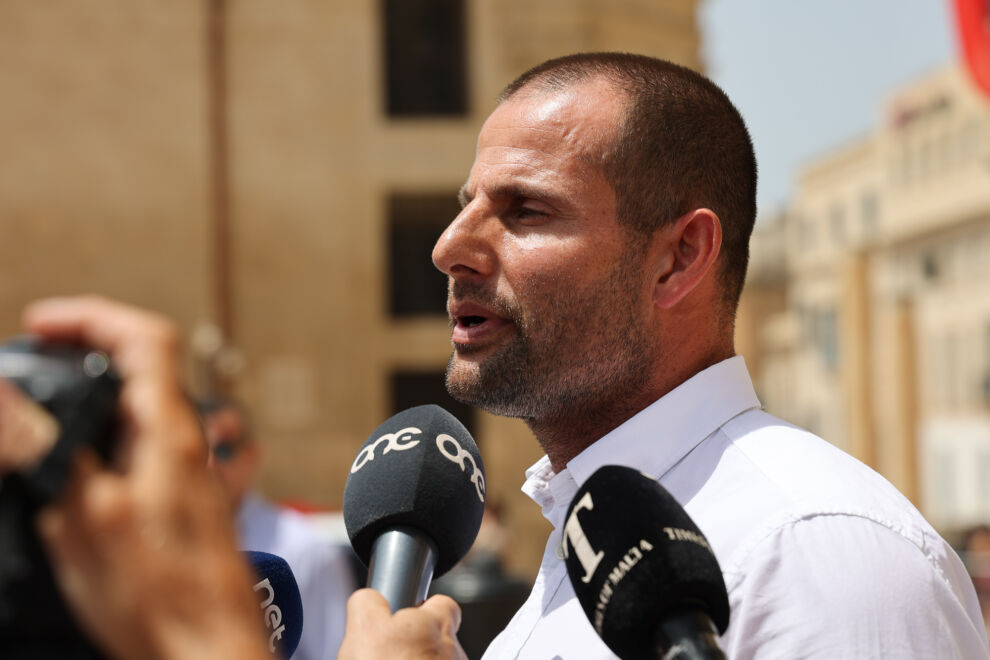The Lovin Malta poll published this week provides striking insights into the psyche of the Maltese electorate. Without going into the methodology of the survey, there is a clear trend among voters; a big chunk of the electorate believes that Malta’s political leaders are corrupt.
Some 20% of Labour voters, and 57% of the general voting population, believe the Prime Minister’s chief of staff Keith Schembri and tourism minister Konrad Mizzi are corrupt while an astonishing 50% of PN voters believe that their party leader, Adrian Delia, is corrupt.
Despite his aura of invincibility, 6% of Labour voters believe that Prime Minister Joseph Muscat is also corrupt while former PN leader Simon Busuttil who made anti-corruption his battlecry is deemed corrupt by 36.5% of all voters.
This is a damning verdict on the integrity of our political leaders. However such high perceptions of corruption do not translate into action. The two mainstream parties remain hugely popular and voter turnout in Malta remains one of the highest in the world. Mizzi’s strong showing in the 2017 election underlines the high-tolerance levels of the Maltese electorate.
Corruption is not the sole concern of voters and the electorate bases its choices on a number of criteria. But according to the same Lovin Malta poll, corruption is the electorate’s foremost concern, followed by traffic and immigration.
So why do people vote for politicians who are perceived to be corrupt? How can so many politicians get away with corruption in a democracy? There is no straightforward answer but a recent study carried out in the US might shed some light on why people turn a blind eye to corruption when they step in the polling booth.
In his research which examined more than 130 US Congressional corruption cases over 35 years, political scientist Marko Klasnja concluded that part of the answer is voters’ lack of attention.
The research found that more than 60% of the members of US Congress who were implicated in corruption scandals were returned to office.
While voters with high levels of political awareness penalise corrupt politicians compared to clean candidates, voters with lower levels of political awareness are more tolerant.
While political awareness in the US is famously low, the highly politicised nature of Malta does not necessarily mean that voters are inclined to vote for ‘clean’ politicians. The most politically aware voters in the US are also the most partisan and the same could be said about Malta.
Power of incumbency plays a part in helping representatives embroiled in corruption cases retain their seat, but Klasnja also concludes that increasing polarisation plays a major role. Well-informed supporters of a corrupt politician’s party are no more inclined to punish corruption than uninformed partisans.
“Perhaps corrupt incumbents are helped by increasing ideological polarisation: partisans may understand a corrupt politician is a scoundrel, but at least he or she is ‘our scoundrel’” Klasnja says.
He goes on to note that politicians who are perceived as corrupt are often aided by the courts and the media.
“Perhaps the courts or the media successfully remove the worst apples long before voters arrive at the ballot booth, while the remaining minor offenders eke out victories. But prosecutors and the press are frequently biased, and even a cursory look at corruption cases among rerunning politicians suggest many serious infractions,” Klasnja concludes.
Malta is no different from the rest of the world. Our neighbours in Italy have continuously voted for corrupt politicians and parties, with former Italian premier Silvio Berlusconi perhaps being a role-model.
Perhaps the solution to this quandary rests on the independence of State institutions and their willingness to investigate and prosecute politicians accused of wrongdoing. But with State institutions and the press being almost completely occupied by the very same politicians accused of corruption and their financial masters, there is little hope of this happening in the near future.












